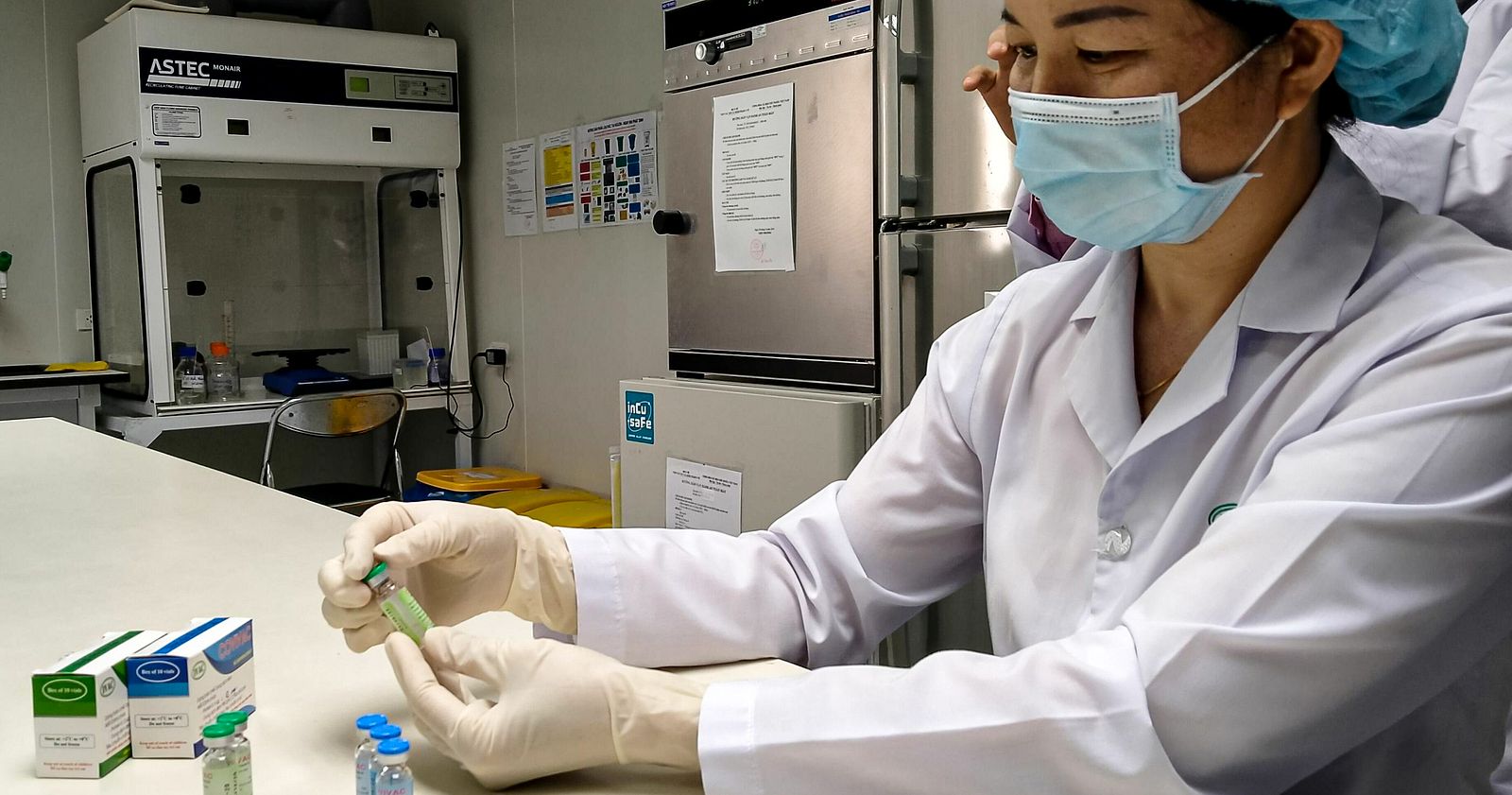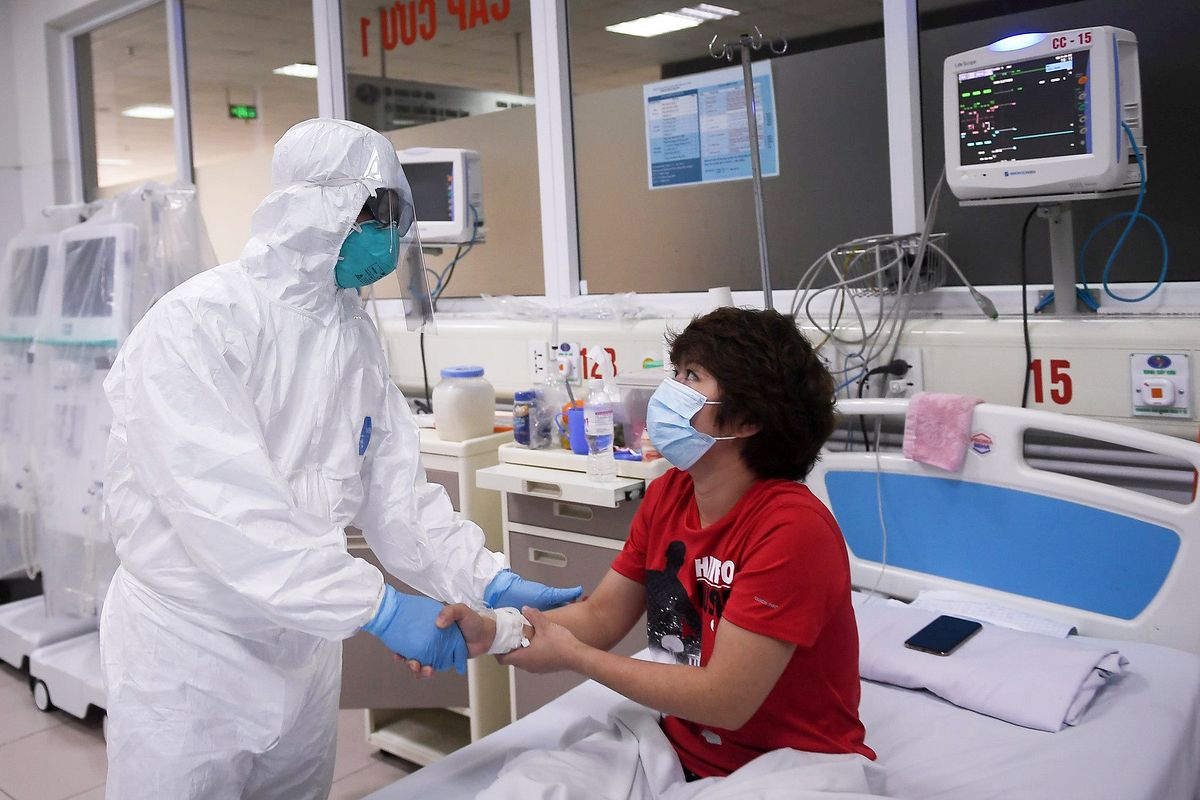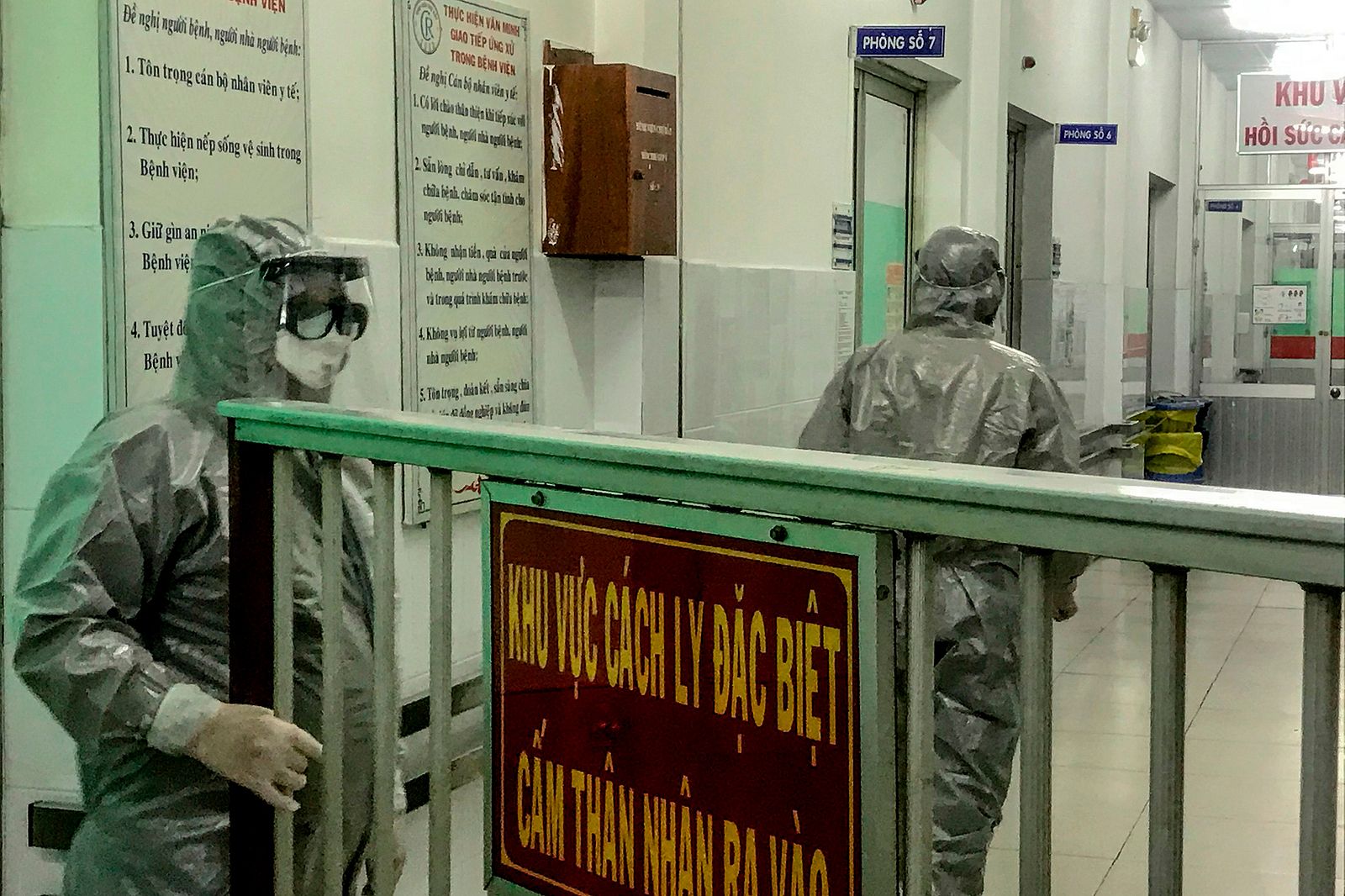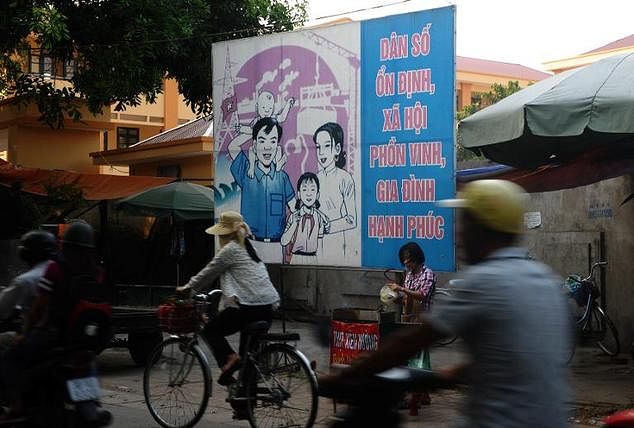As antibiotic resistance in Vietnam continues to rise, the country faces a growing number of powerful superbugs which experts warn could jeopardize public health.
According to Thanh Nien, the World Health Organization puts Vietnam among the countries with the highest rate of antibiotic-resistant infections in the world, pointing to the indiscriminate use of such drugs among local patients, as well as the growing practice of using antibiotics in animal feed.
Resistance to carbapenems, for instance – the strongest form of antibiotics – has risen to 50% in Vietnam, while another family of powerful drugs, third-generation cephalosporins, now bears a resistance of over 60%.
By building up an immunity to such antibiotics, Carbapenem-resistant Enterobacteriaceae (CRE) can lead to death in as many as 50% of patients, according to the US-based Centers for Disease Control. At the conference, Dr. Do Thuy Nga, representing the clinical research unit of Oxford, also announced that Vietnam now ranks second only after India in its rate of carbapenem-resistant E. coli, one such superbug.
With numbers like these, doctors are increasingly unable to treat serious bacterial infections, as superbugs are evolving at a faster rate than new antibiotics can be created. As such, Vietnamese health officials are encouraging local patients to use the drugs only when prescribed by a doctor and to cut down the animal farming industry's use of antibiotics as well.
[Photo via Flickr user TheGlobalPanorama]














